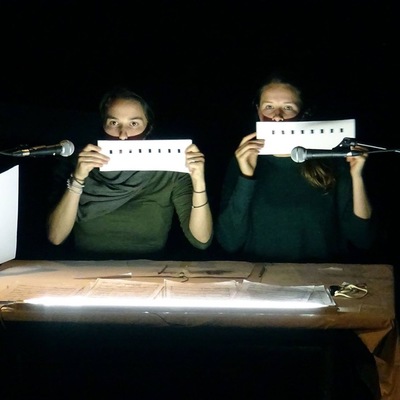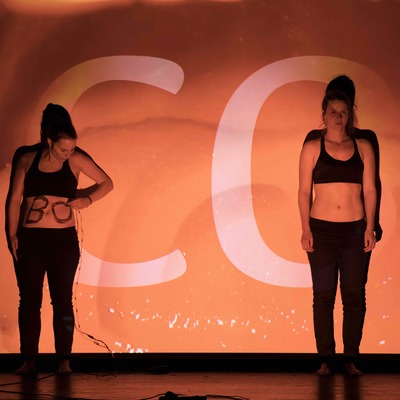Basel composer Roland Moser received one of the Swiss Music Prizes from the Federal Office of Culture. His former composition student Burkhard Kinzler, now established composer and theory lecturer in Zurich himself, gives an insight into Moser’s procedures and work.
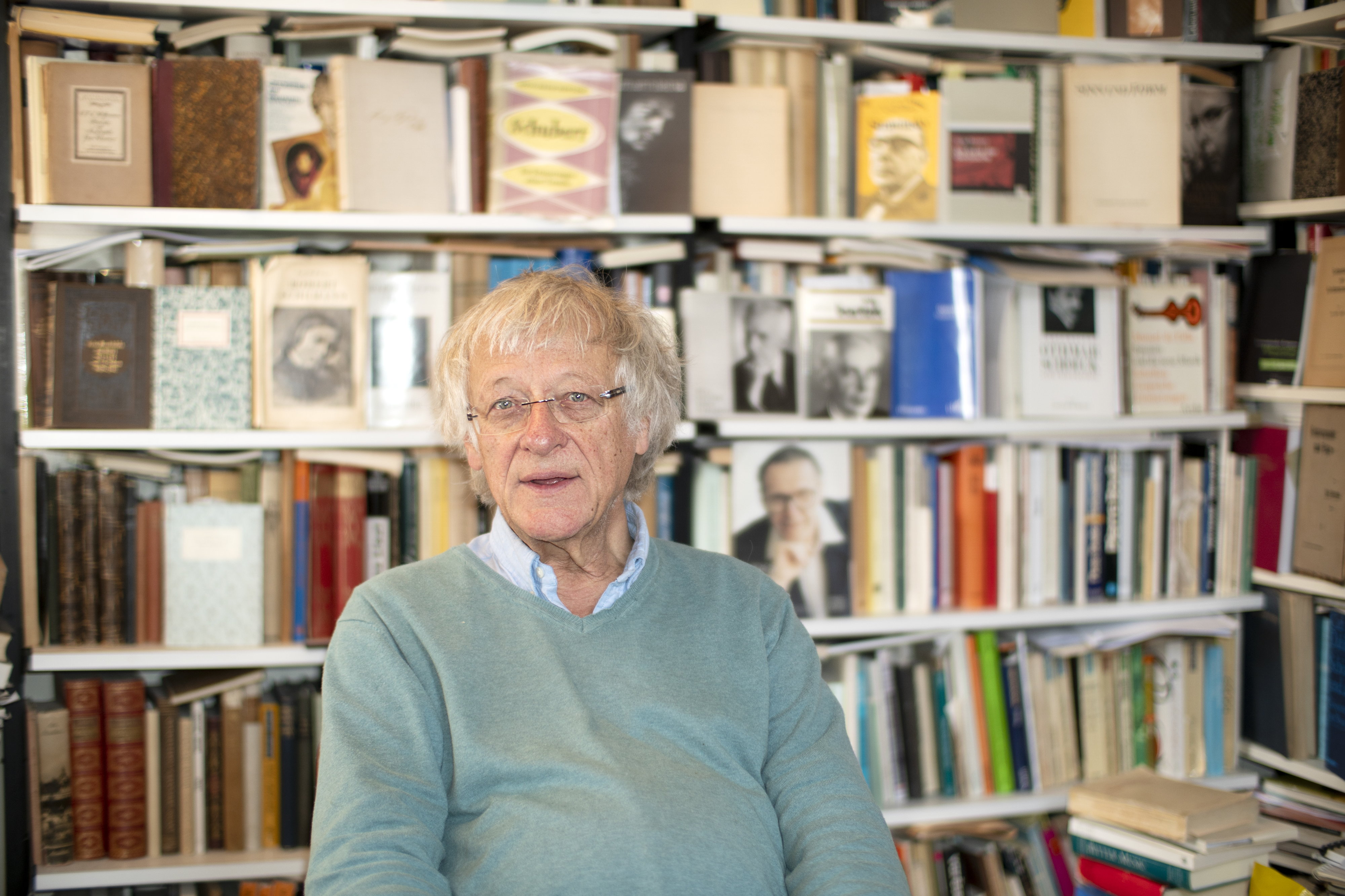
Burkhard Kinzler
in 1992 I was a young aspiring composer with a background in church music and I travelled from Heidelberg to Basel for the first time to meet with Roland Moser, I could not yet have guessed how formative, indeed decisive for my life, these lessons would turn out to become. I was curious, but also sceptical: I didn’t know my future teacher at all. My first choice was actually Kelterborn, from whom I had sung a few pieces, but he had no availabilities. «You can try Moser,» I thought to myself, «and if it doesn’t work, just quit again.»
After the first lesson, this thought was wiped away – there was a spark. Roland Moser opened my eyes, his view of old as well as new music was a revelation to me. This man knew EVERYTHING. And I had never before encountered such independent musical thinking, with no compromises and concretely score-oriented.
His gift for reading my compositional attempts, thinking his way into them and then asking questions is something I have admired more and more. It has brought me forward by quantum leaps. His questions more than once unmasked the unaccomplished in a lovingly discreet way.
Others must have felt the same way, no wonder that most of my fellow theory lecturers at the ZHdK* come from Roland’s school.
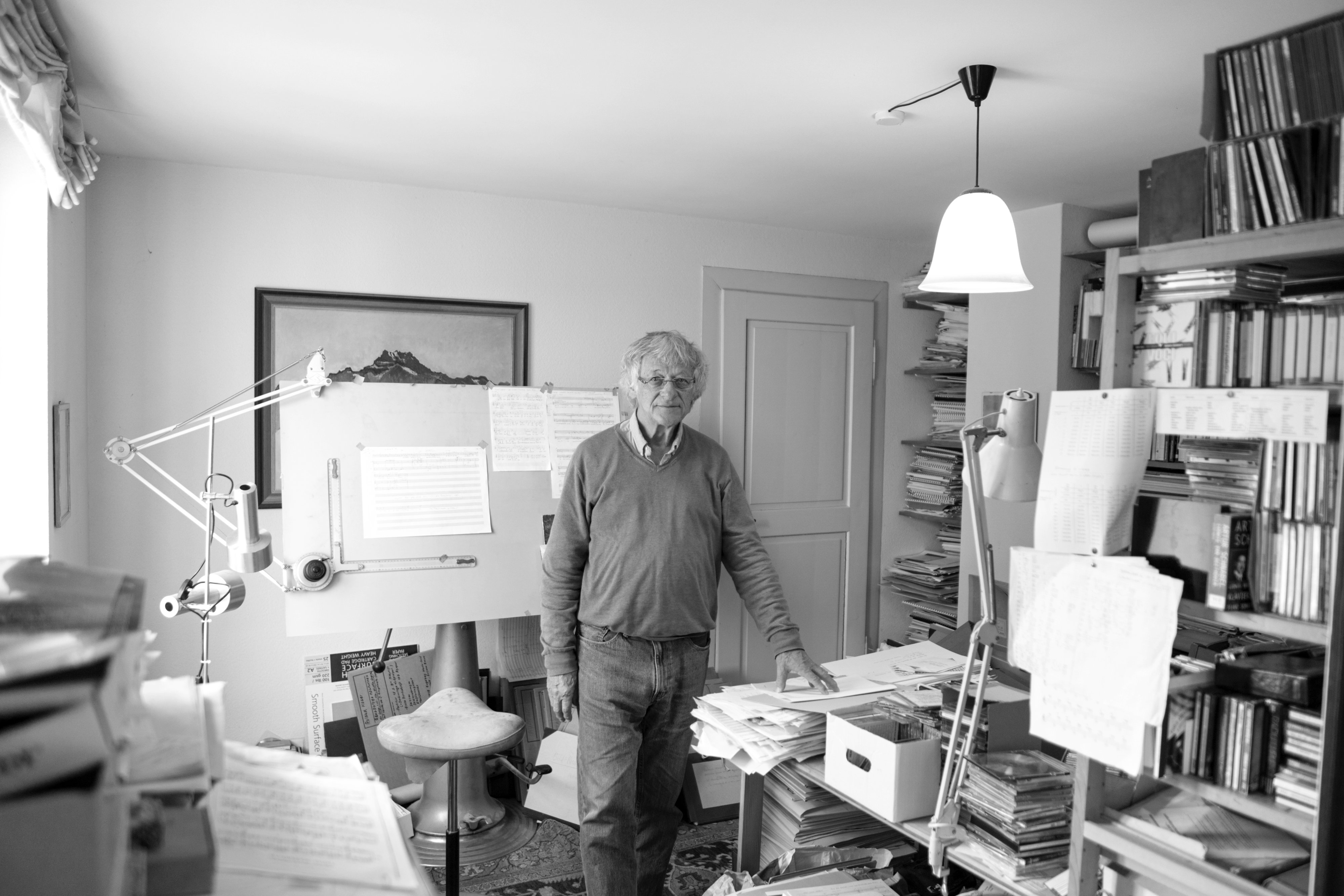
I did not know a single note of music by Roland Moser, so I soon began to look for his works (which was much more difficult back then than today), study them and also perform them, first with my small ensemble for new music and as part of my professorship in Mannheim. The precise and enigmatically humorous pieces of his «Kabinetts mit Vierteltönen» for 2 pianos for example, enchanted both me and my students.
Roland later jokingly reproached me for performing almost exclusively his “occasional works”. At the same time suggesting that these pieces, seemingly only marginal products, play in an intricate way an absolutely essential role in his – in the meantime impressively comprehensive – oeuvre.
A good example is his “Quatre cadres harmoniques” for flute, clarinet, violin, cello and piano, the first movement of which for alto flute and bass clarinet solo represents something like the secret core of Roland Moser’s work to me.
It is no coincidence that he also uses this sparse two-and-a-half-minute piece, fitting on one page, in other compositions, such as “Kleine Differenzen über einen Grund” for wind quintet (6th movement). Here too, appearing as a starting point and intellectual centre.
Roland Moser, Kleine Differenzen über einen Grund für Bläserquintett, Ensemble Contrechamps 2005, in house-production SRG
How I came to this statement?
On the basis of these few notes actually, essential directions of thought and sound of Roland Moser’s music can be pointed out:
First of all, there is the strict, unflattering economy: not a note too much, no “ornamentation” whatsoever, every sound precisely heard and exactly in the place where it is needed.
No “Just-Intonation Sauce” – No Spectralist Spectacle
Then there is the preoccupation with the overtone series, which in Roland Moser’s work does not simply lead to a “just-intonation sauce” or “spectralist spectacle”; Moser’s reflection on the conflicts between (natural) physics and (tempered) culture produces sounds in which this conflict becomes an experience. The counterpoint of the two instruments in this movement is designed in such a way that literally every sound together is in a part-tone relationship; at the same time, the interpreters are urged not to adjust their intonation, but to remain in the equal temperament. Thus, natural sound appears as a chimera that seems to be grasping with hands (or ears) and yet turns out to be only a mirage.
For all this to happen in the listener’s ear, the composer needs patience and the ability to slow down. Roland Moser has both in abundance.
Also worthy of mention is the rhythmically unbound but always gesturally unambiguous style of durational notation that Roland Moser learned from his friend György Kurtag.
All of the above-mentioned basic conditions lead to a piece – featuring only two intruments – of tremendous concentration and an expressive power arising directly from the sound conception that is unparalleled.
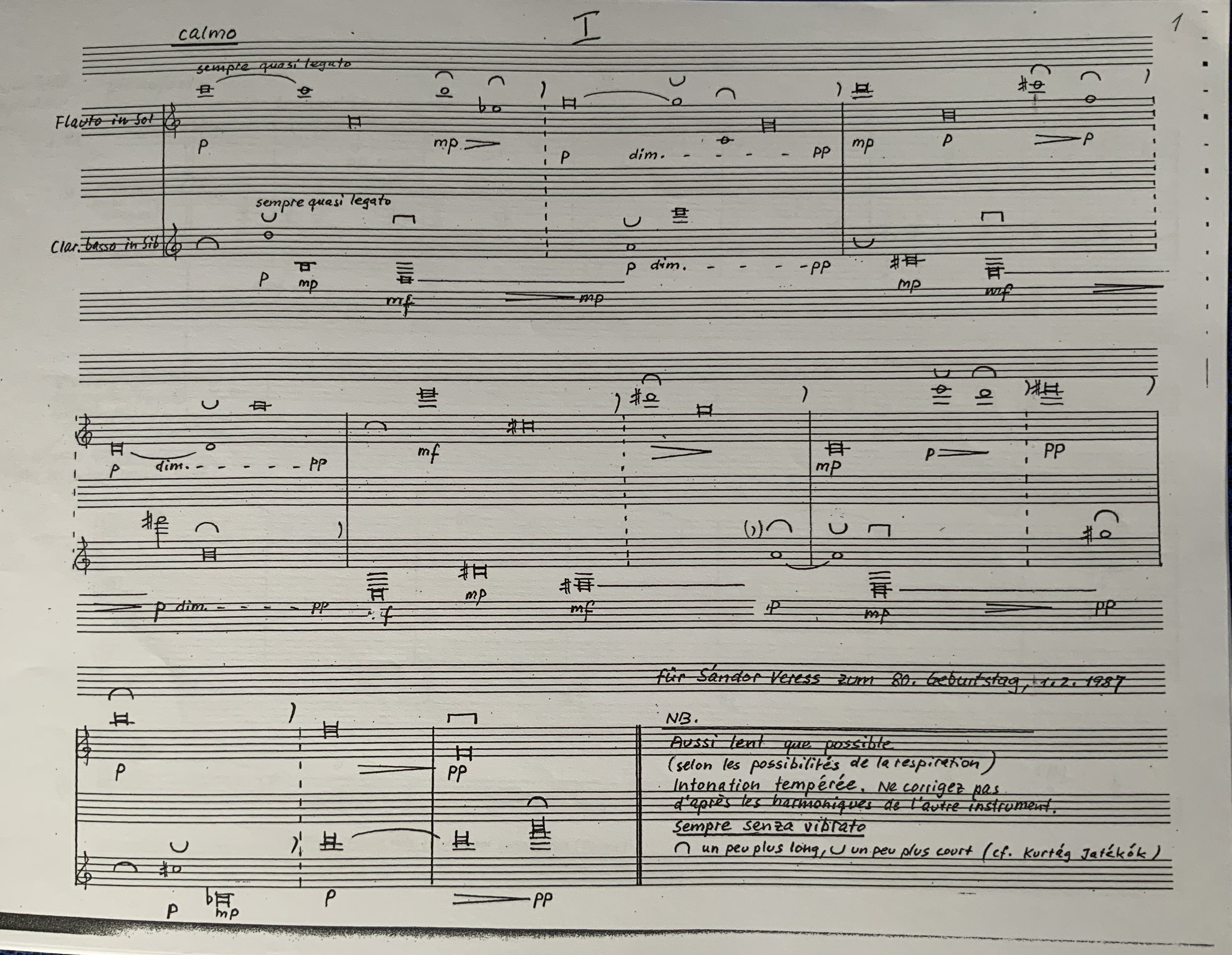
The “Romanticism Project”
Now it would be absolutely unjustified to reduce Roland Moser’s wide-ranging oeuvre to this “little piece”, as he himself would probably call it. There are major projects that have defined his entire compositional life, such as the “Romantic Project”. At a time when Romantic poetry was considered by most of his contemporaries to be out of fashion in comparison with late and post-expressionist modes of expression, Roland Moser unflinchingly occupied himself with poets such as Heine and above all Brentano. He managed to tap into the anarchic potential of this seemingly sweet language in order to find his own, new tonality for it.
This context also includes permanent confrontation with the music of Franz Liszt and above all Franz Schubert, to which Roland has profound things to say and to which he has repeatedly reacted in his own work. For example in «Echoräumen» after Schubert’s Trauermusik or in his arrangement of the Andante in B minor for fragmentary orchestra.
Roland Moser, Echoraum after Schuberts Trauermusik (Nonett D79) for Kammerorchester, Kammerorchester Basel, 2018, in house-production SRG
Moser’s relationship to the orchestra – which he himself described as “broken” – is also evident here and yet he was able to write such weighty works as “WAL – für schweres Orchester”.
Roland Moser, WAL für schweres Orchester mit 5 Saxophonen (1980/83), Basel Sinfonietta und Xasax Saxophonquartett, in house-production SRG
His great opera “Avatar” also revolves around romantic and fantastic values, as does his second stage work “Rahel and Pauline”, although in a completely different manner, achieving to bring an exchange of letters (between Rahel Varnhagen and Pauline Wiesel) onto a stage, or to life.
There is so much more that could be said about Roland Moser’s work and activities. Roland Moser’s cosmos has points of contact and inspiration throughout human history – this is where his deeply humane, philanthropic attitude manifests itself. His work is the expression of a profound and at the same time critical and affectionate examination of the human being as well as communication with everything that defines our human race.
Burkhard Kinzler
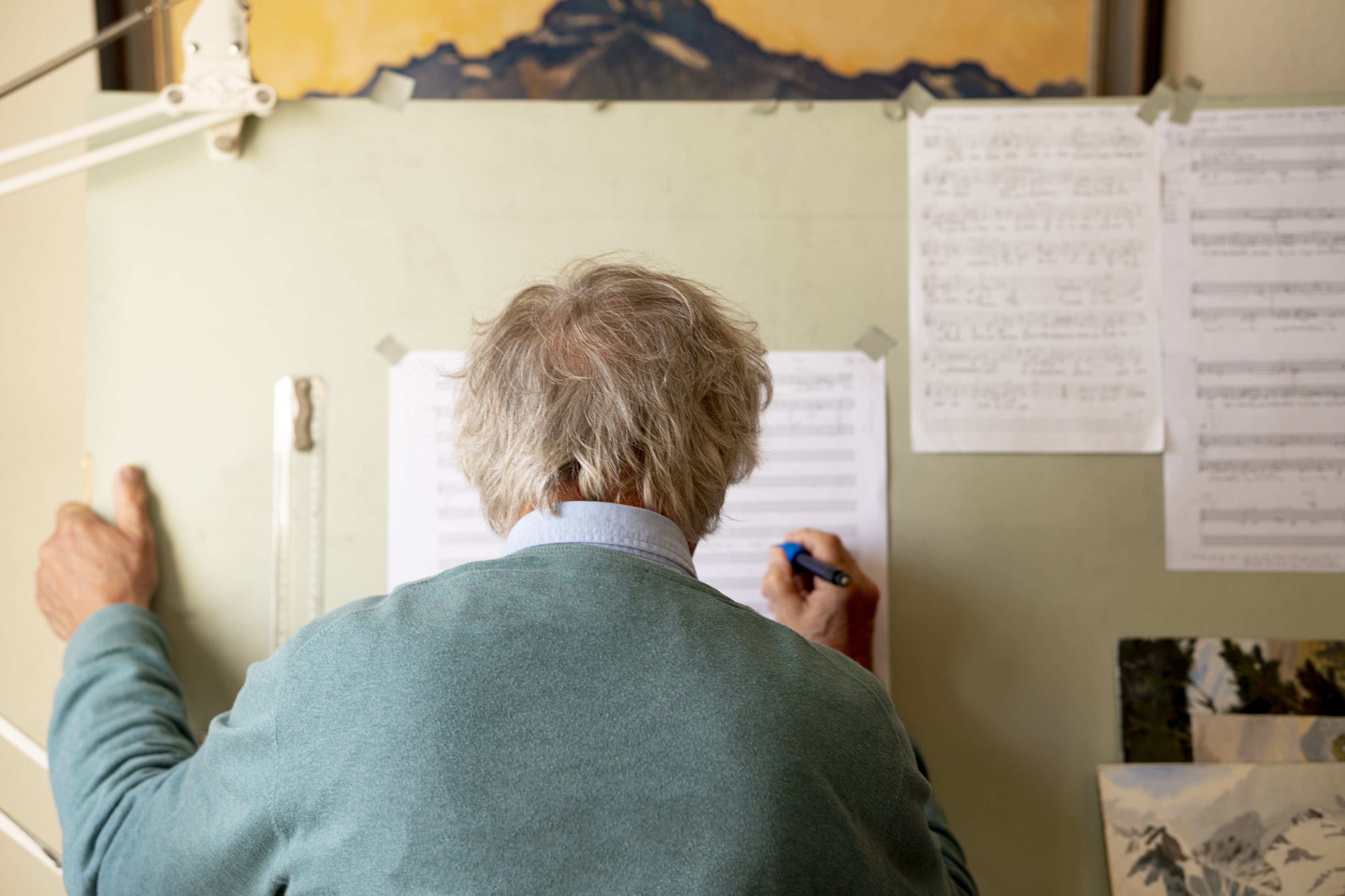
*Theorie-professors ZHdK among others: Felix Baumann, Kaspar Ewald, Mathias Steinauer, Felix Profos, Bruno Karrer, Lars Heusser
The Romantic Project continues this year with a world premiere of Schubert’s last symphonic poems, performed by the KOB directed by Heinz Holliger..
24. Juli 2021, Lübeck, Schleswig-Holstein Musikfestival: World premiere of the three-movement version of the last symphonic sketches by Franz Schubert (D 936A) by Roland Moser. Basel Chamber Orchestra, directed by Heinz Holliger. Further date:
15.8. Stadtcasino Basel
21. August, Festival Les Jardins musicaux, Rondchâtel Villiers bei Biel/Bienne: World premiere of “Die Europäerin”, music theatre by Roland Moser, based on the Mikrogrammm 400 by Robert Walser; with Leila Pfister, Niklaus Kost, Jürg Kienberger, Conrad Steinmann (also a 2021 prize winner), Alessandro d’Amico/ Helena Winkelman Trogen AR ,
Further dates:
18. September: Festival Rümlingen 2021, Musiktheater#3
29./30. Januar 2022: Basel Gare du Nord
A new CD will be released in summer 2021: cello solos and duos with piano, violin, oboe d’amore, recorder (with: Katharina Gohl Moser, Anton Kernjak, Helena Winkelman, Matthias Arter and Conrad Steinmann).
Detlev Müller-Siemens, György Kurtág, Felix Baumann, Bruno Karrer, Lars Heusser, Leila Pfister, Katharina Gohl Moser, Jürg Kienberger
Neo Profils
Roland Moser, Burkhard Kinzler, Kammerorchester Basel, Festival Les jardins musicaux, Heinz Holliger, Kaspar, Neue Musik Rümlingen, Mathias Steinauer, Felix Profos, Matthias Arter, Helena Winkelman, Basel Sinfonietta, Anton Kernjak, Xasax Saxophonquartett


